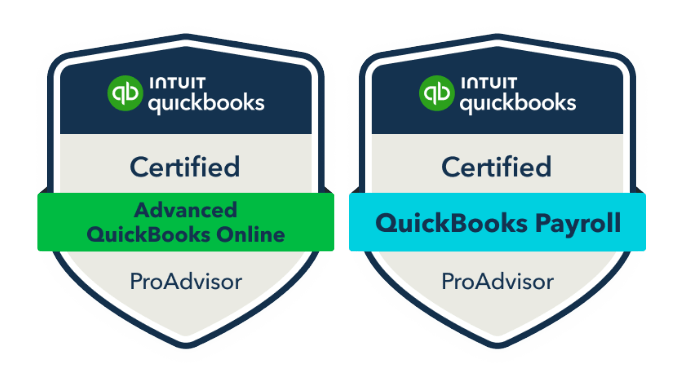Starting and growing a business is exciting, but it comes with its share of responsibilities—one of the most critical being keeping your business and personal finances separate. It might seem easier to use the same account for everything when you’re just starting out, but blending your finances can lead to confusion, financial mismanagement, and even legal troubles down the line.
Let’s dive into why separating your business and personal finances is non-negotiable and how to make it happen.
Why Keeping Finances Separate is Essential
- Simplifies Bookkeeping
Imagine combing through your credit card statements, trying to figure out if that $50 was for printer ink or your favorite takeout spot. Keeping accounts separate makes it easier to track expenses, categorize transactions, and maintain accurate records. - Prepares You for Tax Season
Blended finances complicate tax preparation and increase the risk of missing deductions or triggering an audit. A clear division ensures your tax preparer (and the IRS) can easily distinguish business expenses from personal ones. - Protects Your Legal Liability
If your business is an LLC or corporation, mixing personal and business finances can “pierce the corporate veil,” potentially putting your personal assets at risk in legal matters. - Provides Financial Clarity
Want to know if your business is actually profitable? Keeping finances separate allows you to assess your income and expenses accurately. - Builds Professionalism and Credibility
Using a business account and checks shows clients, vendors, and investors that you take your business seriously.
The Risks of Blending Finances
Let’s look at what can go wrong when you don’t separate your finances:
- Missed Deductions: You might forget to claim legitimate business expenses, costing you money at tax time.
- Audit Red Flags: Blurred lines between personal and business spending can make the IRS scrutinize your return.
- Overdrawing Funds: Personal spending from a business account (or vice versa) can create cash flow issues.
- Compromised Legal Protections: For LLCs or corporations, failing to keep finances separate could lead to losing personal liability protection.
How to Separate Your Business and Personal Finances
- Open a Business Bank Account
A dedicated business checking account is your first step. Use it for all business income and expenses, including paying yourself a salary or owner’s draw. - Get a Business Credit Card
Using a business credit card keeps your transactions organized and helps build your business’s credit history. - Set Up an Accounting System
Use bookkeeping software like QuickBooks Online to track business transactions and generate reports. - Pay Yourself a Salary or Draw
Instead of dipping into business funds whenever you need cash, set up a regular salary or owner’s draw. This practice creates financial discipline and ensures clarity in your records. - Keep Receipts Organized
Store business receipts separately from personal ones. The QuickBooks app can help you digitize and categorize them for easy access.
Avoiding a Financial Nightmare
Mike, a small business owner, used the same account for personal and business expenses when he started his plumbing business. It worked fine until tax season hit, and his accountant asked for a breakdown of deductible expenses. Mike spent hours sifting through months of transactions and still missed out on deductions. Worse, the IRS flagged his return for an audit due to unclear financial records.
After that ordeal, Mike opened a business account, got a business credit card, and started using bookkeeping software. Tax season became less stressful, and he gained better control over his finances. Lesson learned!
Benefits of Keeping Finances Separate
When you separate your finances, you’ll enjoy these perks:
- Stress-Free Tax Prep: Accurate records simplify deductions and reporting.
- Improved Cash Flow Management: Easily track what’s coming in and going out of your business.
- Enhanced Decision-Making: Clear financial data helps you plan for growth.
- Peace of Mind: No more worrying about commingling funds or legal risks.
Your Next Steps
- Open a Business Account Today: Most banks offer simple options for small businesses.
- Audit Your Current Finances: Identify personal transactions that may be cluttering your business records.
- Implement Financial Boundaries: Decide how and when you’ll pay yourself, and stick to it.
Final Thoughts
Keeping your business and personal finances separate isn’t just good practice—it’s a foundational step for long-term success. Whether you’re just starting out or looking to clean up your financial habits, this simple change can save you time, stress, and money.
Need help setting up a bookkeeping system or organizing your accounts? Let’s chat. Together, we can get your finances on track and set you up for success.






0 Comments